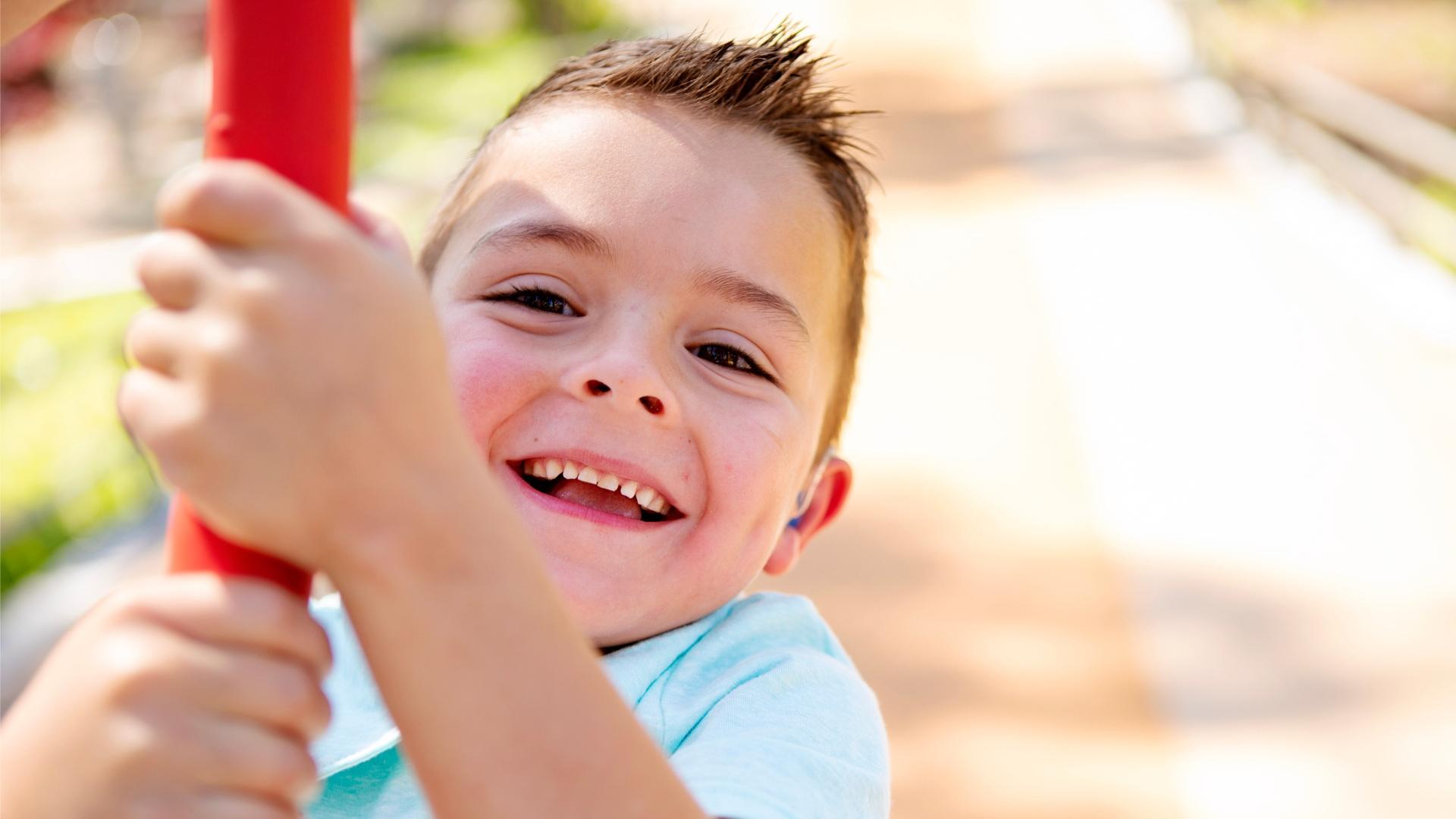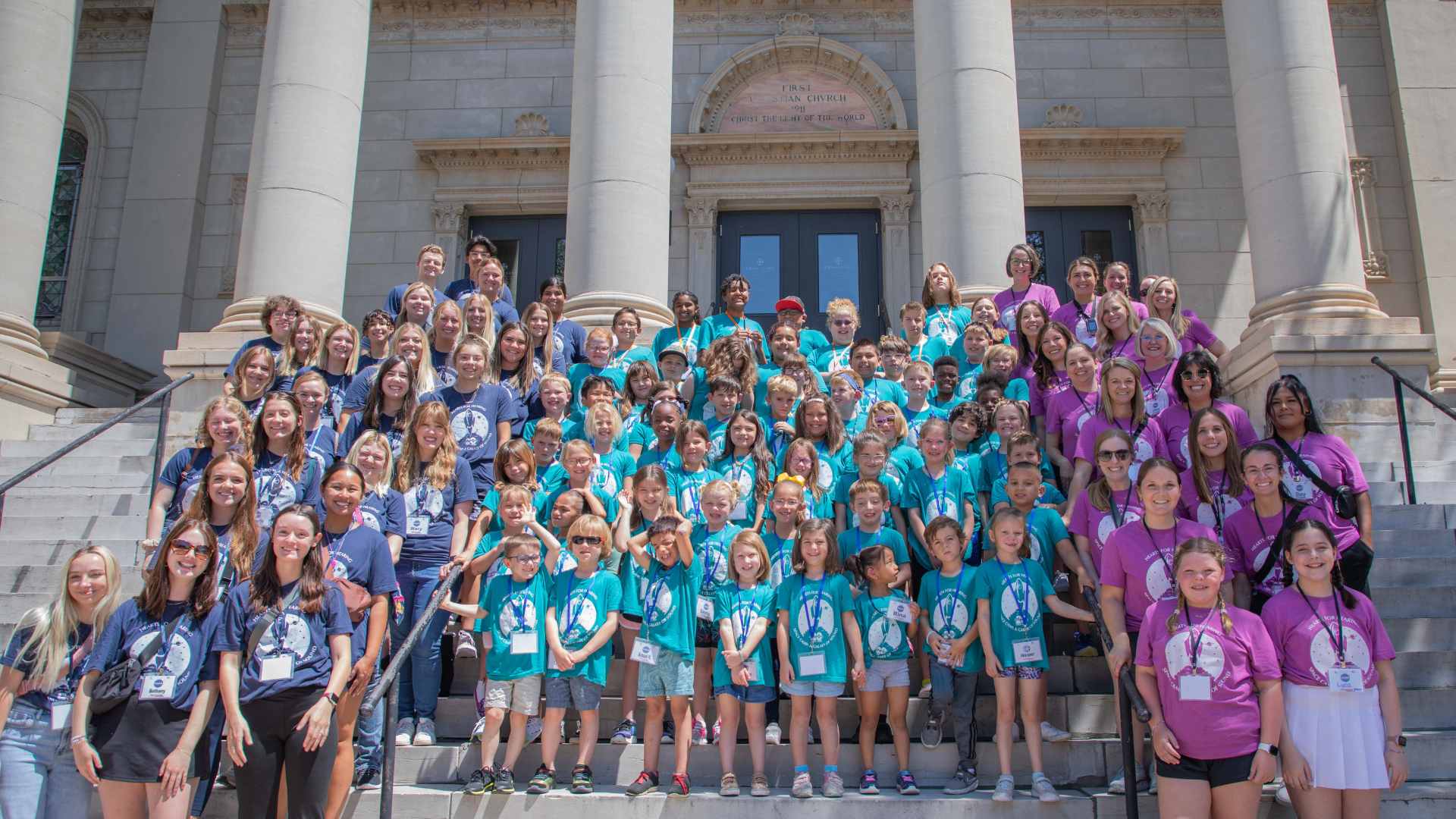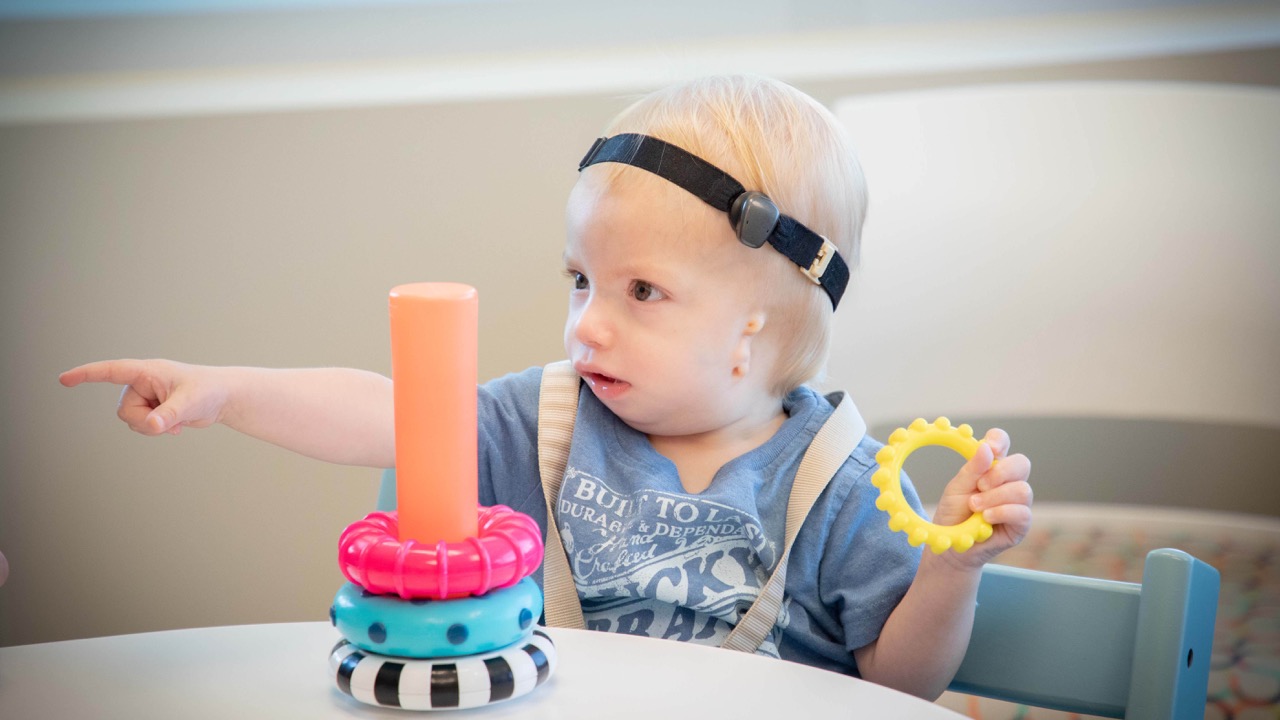No doubt you have seen those videos of babies and toddlers who get a hearing aid and hear their mother’s clear voice for the first time. It is an emotional experience for both the child and the mom, not to mention the viewer. Why is preventing hearing loss crucial for young people? Well, to begin, hearing loss will affect a child’s ability to develop speech, interact socially, and grow language skills. It is so important that a baby diagnosed with a hearing loss should get interventional services no later than 6 months old. That should tell you a lot. If you’re still not convinced, keep reading.
The Very Young
Hearing sounds and words helps young children to learn to talk and understand.
Hearing loss causes problems with speaking, reading and school success. If you have concerns, don’t wait to have your child tested. Contact an experienced audiologist like Hearts for Hearing in Oklahoma City and Tulsa for help and intervention services.
A child with hearing loss can have delayed speech and language skills. Other problems include:
- Trouble in school and even trouble making friends
- They may have difficulty hearing words and especially those with soft sounds like s, sh, f, t, or k.
- They may not be able to hear their own voice when they speak so they may talk extra loudly, or too softly.
- The learning gap between them and others grows over time.
- They can’t catch up without special help.
Parents need to get help as early as possible.
Every state has an Early Hearing Detection And Intervention (EHDI) program. It provided diagnosis of infants and children with hearing loss. It also promotes tests and services. If you have concerns, you can contact your local EHDI program in your state here.
Older Kids Are Not Immune
It’s hard to spot any teens or young adults without a listening device like earbuds in their ears. They seem to always be listening to music or talking on their phones. Headphones are no better. We normally think of hearing loss affecting older adults, but younger adults are dealing with it too, although many won’t admit it.
Between loud concerts and environmental noise, it is hard to escape it. It is believed that 17% of teens and 19% of those in their twenties have noise-induced hearing loss. The World Health Organization tells us that 1 billion young adults worldwide are at risk of permanent avoidable hearing loss.
Noise-induced hearing loss is preventable but not reversible.
What Are Common Causes of Hearing Loss?
Exposure to loud noise, getting older, genetic factors, certain medications, and ear infections can all lead to hearing loss. In addition, trauma to your head or ears can lead to hearing loss. Some can be managed and treated.
How to Prevent Hearing Loss
There are ways to mitigate noise-induced hearing loss.
- Keep your devices at a lower sound level. 80% is too loud. 50 to 60% is a safer amount.
- Use your sound app on your phone to check your environment’s sound level.
- Carry ear plugs and use them at loud events.
- Take breaks from loud music.
- Take earbuds out for 15 minutes to give your ears and hearing a break.
Get a hearing test to get a baseline. Then redo the test periodically to see if you have progressive hearing loss.
Maintain your child’s hearing health by contacting Hearts for Hearing at 405.548.4300 to schedule a baseline hearing test or if you suspect hearing loss.




